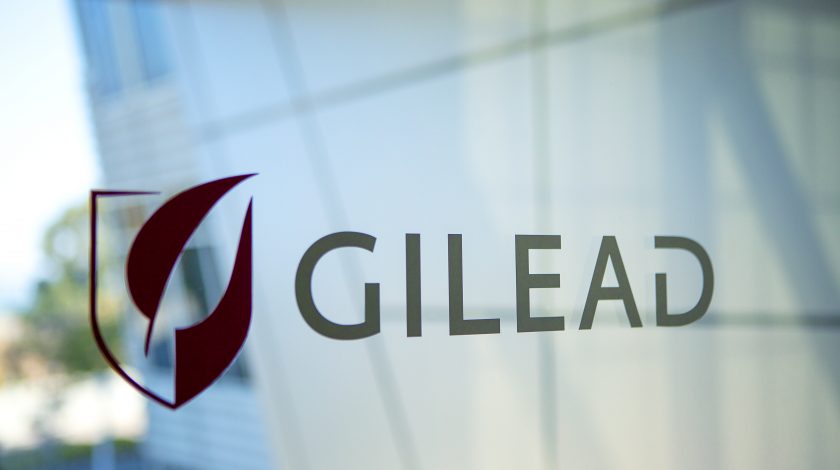Disputed COVID-19 trial failure reports send Gilead shares down

Gilead's COVID-19 drug remdesivir seemingly failed to produce an effect according to results of a Chinese clinical trial posted inadvertently on the World Health Organization's website.
The US pharma has disputed the findings, which were published before they were peer-reviewed, but uncertainty over the drug has nevertheless sent the company's share price down.
Press reports based on the WHO's information, posted yesterday and since removed, interpreted this as a trial failure.
According to Gilead the study's authors did not provide permission for the results to be published and are still being peer reviewed.
Gilead disputed the reports that this was a trial failure as it says the WHO post “included inappropriate characterisations of the study.”
According to the reports the results showed that remdesivir did not change the time to clinical improvement compared with a control arm in patients with severe coronavirus disease.
In the trial, 158 patients were randomly assigned to be given remdesivir, while 79 others had standard care with a placebo instead.
Also at one month it appeared results showed 13.9% of remdesivir patients died compared with 12.8% of patients on the control arm.
According to the press reports remdesivir was stopped early in 18 (11.6%) of patients because of adverse effects, compared with just four (5.1%) in the control group.
Shares in Gilead were down more than 4% in premarket trading following the news, which comes after encouraging data from a study at the University of Chicago were obtained by the pharma industry website STAT.
Gilead is running its own studies of remdesivir, which the big pharma tweaked this week, changing the endpoints and adding other study arms.
In the meantime Gilead said there is still hope for remdesivir, saying that the Chinese study did not have the statistical power to draw any firm conclusions.
Trends in the data “suggest a potential benefit for remdesivir, particularly among patients treated early in the disease”.
According to Gilead its own open-label study will announce results in patients with severe disease at the end of this month.
Results from a group of patients with moderate disease will be ready at the end of May, and around that time the company also expects data from an NIH double-blind, placebo-controlled study of remdesivir in patients across a range of disease severity.











